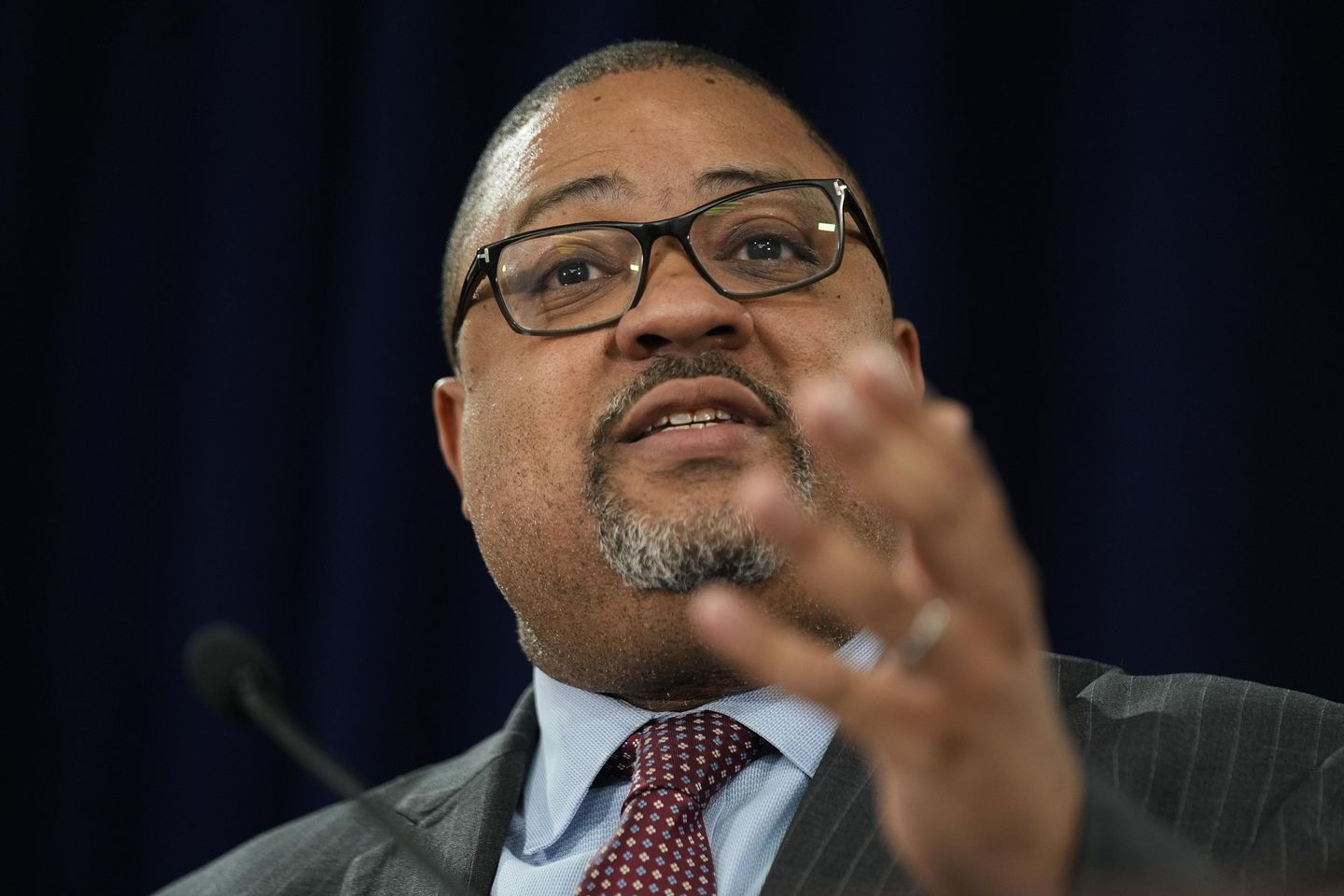Manhattan District Attorney Alvin Bragg has agreed to testify before a Republican-controlled congressional subcommittee, although it is expected to be a hostile environment for him. The decision to testify comes amid ongoing investigations into former President Donald Trump’s business practices. However, Bragg’s testimony is not expected to take place until after Trump is sentenced in July. This delay may be strategic, allowing Bragg to gather more evidence and information before facing questioning from lawmakers.
The decision to testify before the congressional subcommittee is significant as it demonstrates Bragg’s commitment to transparency and accountability in his role as District Attorney. By agreeing to testify, he is showing a willingness to answer questions and provide information about the ongoing investigations into Trump’s business dealings. This move may also be seen as a way to push back against criticism and scrutiny from Republican lawmakers.
The timing of Bragg’s testimony, scheduled for after Trump’s sentencing in July, suggests a strategic approach to the investigation. By waiting until after Trump’s case is resolved, Bragg may be able to gather more evidence and information that could potentially be used during his testimony. This approach could also help to ensure that Bragg has a more complete understanding of the case before facing questioning from lawmakers.
The decision to testify before a Republican-controlled subcommittee is not without risks for Bragg. Given the political dynamics at play, he may face intense questioning and criticism from lawmakers who are supportive of Trump. However, by agreeing to testify, Bragg is showing a commitment to upholding the rule of law and pursuing justice, regardless of political pressures or influences. This move may also help to bolster public trust in the integrity of the investigation.
Overall, Manhattan District Attorney Alvin Bragg’s decision to testify before a Republican-controlled congressional subcommittee demonstrates his commitment to transparency and accountability in his role. The timing of the testimony, scheduled for after Trump’s sentencing in July, suggests a strategic approach to the investigation. By agreeing to testify, Bragg is showing a willingness to answer questions and provide information about the ongoing investigations into Trump’s business practices. This move may help to push back against criticism and scrutiny from Republican lawmakers while also bolstering public trust in the integrity of the investigation.









